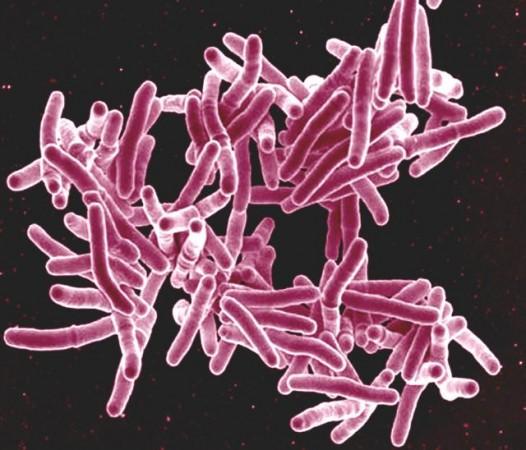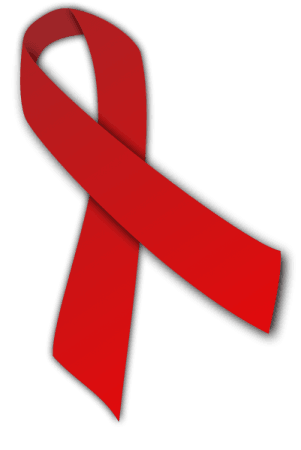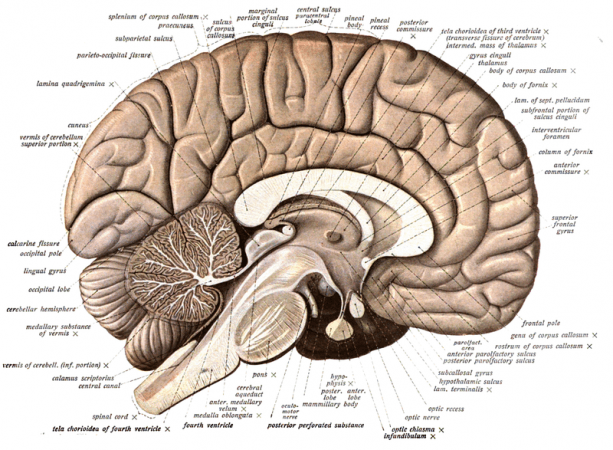The human body is susceptible to a number of deadly diseases. Sometimes, the body's immune system is strong enough to fight them off, while in other instances, medicine is required, or even in extreme situations medicines are not enough to save the people (or there is no cure for the disease). Lets take a look at the 10 most deadliest diseases around the world, according to the World Health Organisation (WHO).
10. TUBERCULOSIS

Tuberculosis (TB) is one of the most unpredictable diseases. It is basically a bacterial infection that affects the lungs. However, it can spread to other organs of the body. In certain cases, TB can remain stagnant, while in other cases, the disease can start wreacking havoc straight away. Symptoms of TB include weight loss, excessive sweating, fatigue and fever.
9. HYPERTENSIVE HEART DISEASE

A hypertensive heart disease is basically the formation of high blood pressure, which in turn affects the heart. This could lead to a number of cardiac complications, and in some cases, even a heart failure, which could lead to death. If it does not cause heart failure, the patient generally experiences hypertension. This seems to be the only known symptom of the disease. Other physical signs could include a frequent urge to urinate at night, abdominal pain, shortness of breath, nausea, swelling of feet and fatigue.
8. DIABETES MELLITUS

Diabetes mellitus occurs when the pancreas cannot create enough insulin for the body to use, or when the body loses its capability to use the insulin produced by the pancreas. The former is known as Type 1 diabetes. This type of diabetes sets in from childhood. Meanwhile the latter type of diabetes is known as Type 2 diabetes, which sets into a person when he or she is an adult. The main symptoms of diabetes are increased hunger, increased thirst, frequent urination and weight loss.
7. DIARRHEA
Diarrhea is a disease where the patient passes watery or loose stool. Generally, this does not last for more than two or three days. However, in some cases it could last weeks or even a month. In such cases, a patient really needs to be worried, as this means that their immune system is not functioning properly. In such cases, diarrhea is considered as a chronic disease. Diarrhea causes dehydration, and the body loses essential electrolytes and fluids.
6. HIV/AIDS

HIV stands for Human Immunodeficiency Virus, and as its name suggests, it weakens the immune system of the human beings. A cure for this virus has still not been found, since its discovery in the 1980s. The HIV attacks the T cells and CD4 cells in the human bloodstream. These two cells are used to fight external infections in the human body. Thus, HIV greatly weakens a person, eventually culminating his or her death.
5. LUNG CANCER

Lung cancer is mainly found in people who smoke cigarettes. Earlier a person starts smoking, and the more a person smokes per day, the greater are his or her chances of getting lung cancer. However, smoking is not the only way they get lung cancer. There have been many cases where people who do not smoke have gotten lung cancer. This is mainly believed to be from second hand smoking.
4. LOWER RESPIRATIORY INFECTIONS (BRONCHITIS & PNEUMONIA)

This infection is mainly of two kinds – Bronchitis and Pneumonia. These infections impair a person's breathing process. The classic symptoms of these diseases are runny sore throat, sneezing, runny nose and headache. This disease is caused by both bacterial and viral infections to the lungs, and could be very tricky to diagnose.
3. COPD

Chronic Obstructive Pulmonary Disease (COPD) is a very common lung disease. This makes breathing very difficult for the patient. There are two types of COPD – chronic bronchitis (long term coughs with mucous) and emphysema (gradual destruction of the patient's lungs). Smoking and atmospheric pollution seems to be the main cause for this disease.
2. STROKE

A stroke is the loss of the function ability of the brain due to a lack of blood. Strokes are mainly caused due to haemorrhage. This is a very serious condition, and leads to death in many cases.
1. ISCHEMIC HEART DISEASE

Ischemic heart disease is the condition when the body fails to deliver blood and oxygen to a particular organ. This is a very serious condition, as the failure of vital organs like the heart and the brain could lead to instant death. This disease is most commonly found in middle aged men. However, it is also not unusual to find this disease in women too.

















